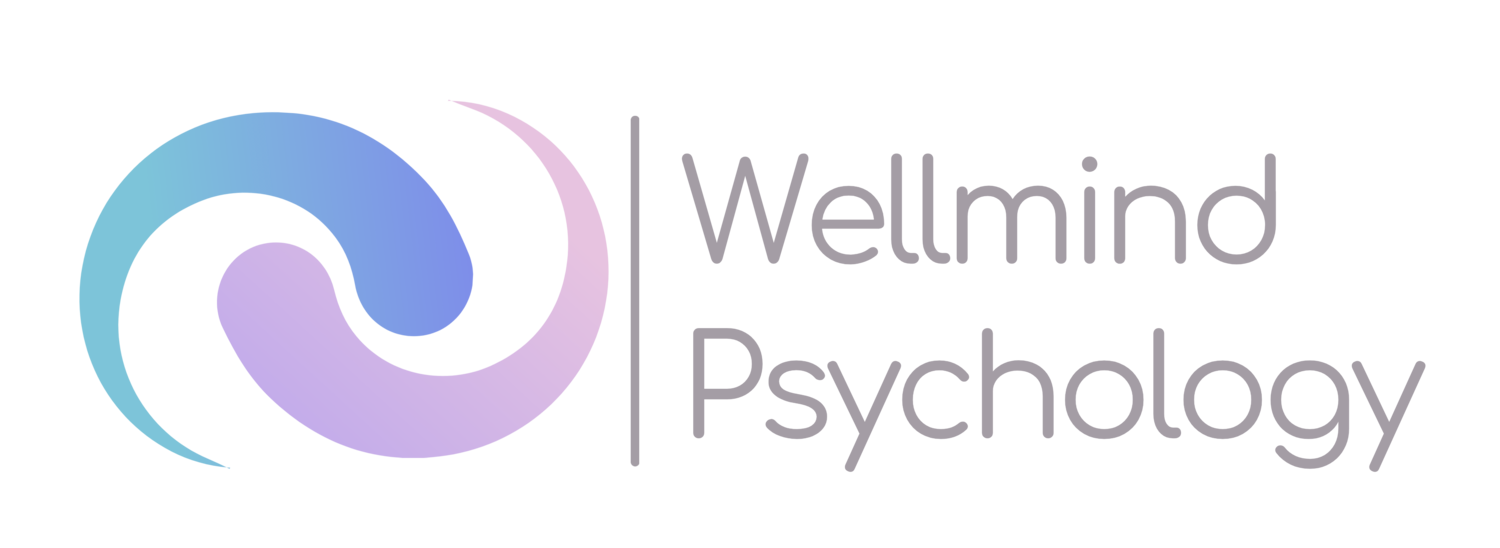Attention Deficit Hyperactivity Disorder (ADHD)
ADHD is a complex neurological condition that affects both children and adults. A person with ADHD has differences in brain development and brain activity which affects attention, the ability to play and organise and the ability to sit still. This medical condition can create difficulties at school, work, home and in friendships and relationships.
Symptoms start in childhood. About half of children with ADHD continue to have problems into adulthood. Sometimes ADHD is missed in childhood and only gets noticed later in life.
ADHD Symptoms
The main symptoms of ADHD are generally classed into 3 categories:
Inattention
Difficulty concentrating or staying on task
Appears not to listen when being spoken to
Difficulty following instructions
Forgetting things
Misplacing homework, toys, or books
Hyperactivity
Fidgeting, unable to sit still
Excessive talking
Moving around constantly, difficulty relaxing
May seem nervous or agitated
May rush through things, making errors
Has a quick temper or short fuse
Impulsivity
Interrupting conversations
Guessing rather than solving a problem, blurting out answers quickly
Has difficulty waiting in line
Acts without thinking
Difficulty keeping intense emotions in check, resulting in outbursts or tantrums
Causes of ADHD
ADHD is known to run in families. The exact causes of ADHD are unknown, but there are factors that are thought to contribute:
brain injury or infection
a lack of oxygen, or exposure to alcohol or nicotine before birth
premature birth
difficult experiences in early childhood.
Genetic predisposition
Signs and Symptoms in Adults
Inattention
Poor attention to detail
Easily distractible
Regularly procrastinating
Unreliable work habits
Forgetting appointments
Having more accidents
Day dreaming or switching off in classes or meetings
Poor time management.
Hyperactivity
Seem agitated or nervous
Unable to sit still and concentrate
Excessive talking, nervous chattering
Have rapid thoughts or be unable to stop thinking
Have sleep problems.
Impulsivity
Start things and not finish them
Interrupt other people
Take over what someone else is doing
Have problems with money
Change jobs frequently
Use drugs or alcohol
Have a hot temper or be irritable
You don’t need to have all these symptoms to be diagnosed with ADHD. Often, people with ADHD feel quite frustrated and can become anxious or depressed at not being able to achieve their full potential. Sleep problems and relationship issues can be the reason that people initially seek treatment.
If symptoms are affecting your daily life, work or relationships you should seek help. Please contact us for further information.

